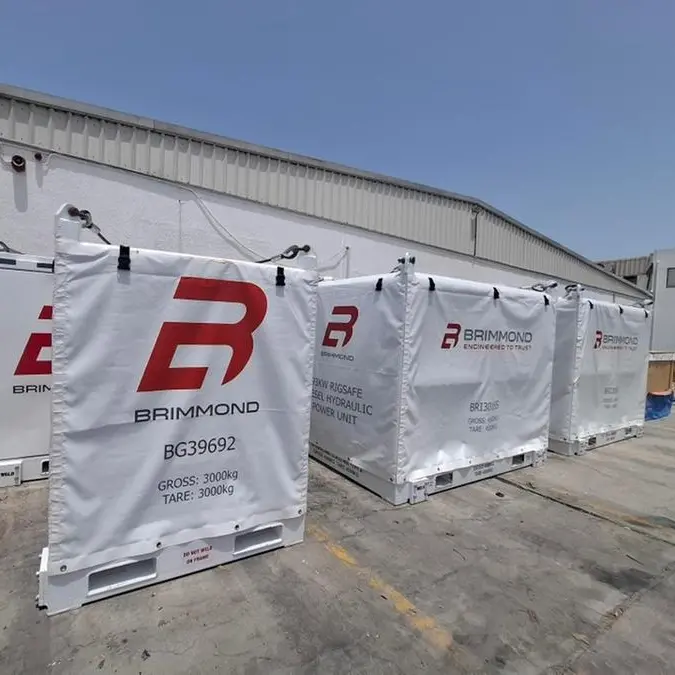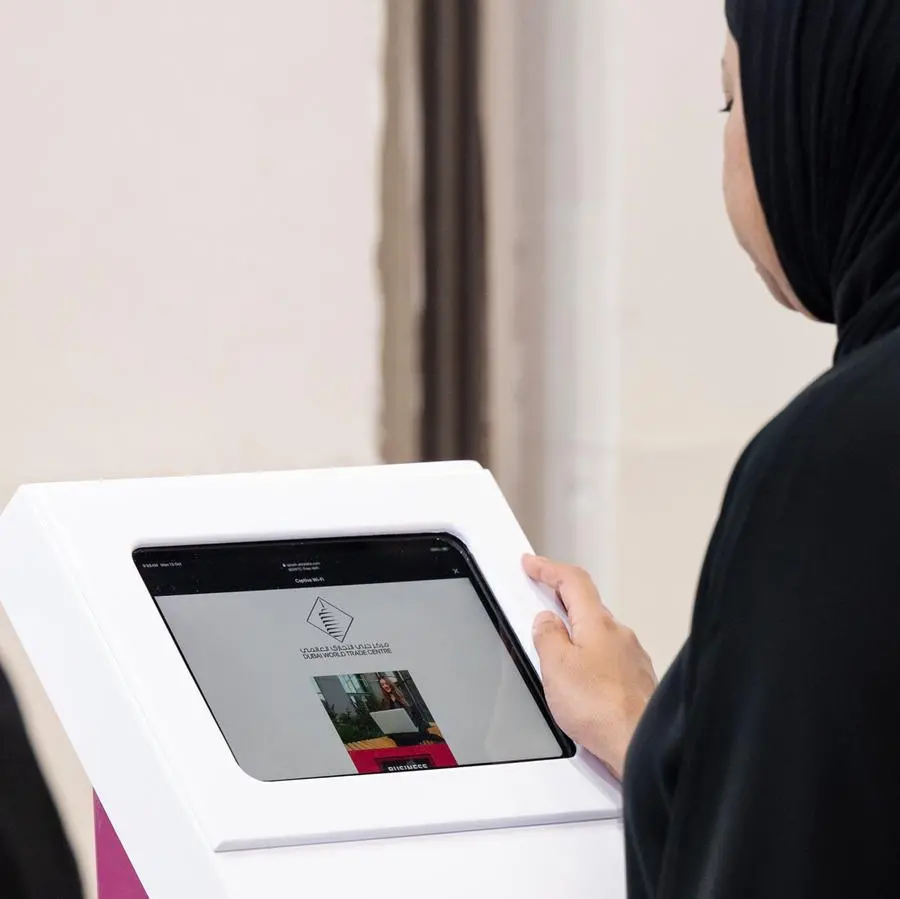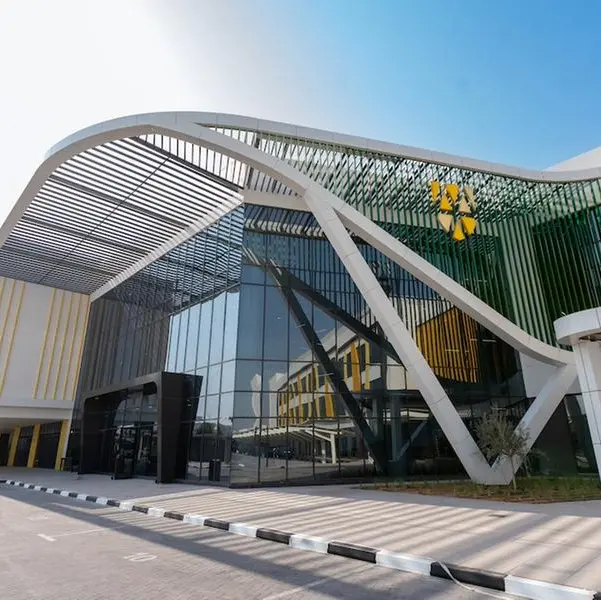Cape Town: Inadequate and ageing infrastructure remains a significant obstacle towards Africa achieving its full economic growth potential. According to the Infrastructure Consortium of Africa (ICA), poor road, rail and harbour infrastructure adds 30-40 percent to the costs of goods, which is borne by consumers and is a significant factor in the inflation-driven cost of living crisis.
For South Africa, there are particularly acute challenges in this regard. A recent study by the World Bank showed the poor state of infrastructure reduced national economic growth by two percentage points every year and cut business productivity by as much as 40 percent.
Once hailed as the gateway to the rest of Africa, South Africa's port infrastructure is in dire straits, with inefficiencies due to ageing infrastructure, poorly maintained equipment, and a misallocation of human resources. The country's ability to supply essential goods to the rest of Africa has suffered and a significant turnaround needs to restore its reputation, as the country has lost competitive ground against other rapidly emerging African markets, such as Maputo, Dar es Salaam, and Walvis Bay.
South Africa's infrastructure legacy could facilitate domestic and cross-border movement across supply chains, reinvigorating industrialisation, diversification, trade and development.
DUCAT is however optimistic about the opportunities presented in the logistics sector in South Africa. The group is committed to supporting the South African industrial value chain by applying targeted capital investments of up to R300 million in physical dry bulk and cross-dock infrastructure with technical know-how to existing underutilised assets. By doing so, it aims to deliver immediate practical solutions to its customer base.
"Trade flows rely on logistics arteries, and we are committed to developing new capacity while also repurposing and upgrading existing capacity in the dry, wet, and dirty goods sector. Last year, DUCAT successfully acquired Senzomix, a warehousing operator based within the Port of Cape Town. This strategic acquisition allowed the company to establish a physical footprint in Southern Africa and strengthen its position in the warehousing and bulk logistics industry," says Rory Clark, Managing Director of DUCAT Senzomix.
The warehouse functions as a cross-dock facility, catering to the import and export of cargo, handling primarily containerised goods, and requiring packing, unpacking, and short-term storage before the final distribution. The warehouse has also started to handle a variety of project cargo destined for much-needed energy infrastructure projects.
Drawing on its extensive involvement in the continent's grains sector (up to 4 million metric tonnes annually), the company has expanded operations to handle the direct importation of bagged rice from bulk vessels, which is then stored within the warehouse.
The company is strategically planning to expand its services in South Africa by offering bagging services to the bulk Agri-cargo sector, leveraging DUCAT's market dominant position in rice logistics on the continent and its experience in servicing the world's largest import markets.
To do so, part of this effort includes upgrading and modernising the infrastructure networks, particularly for rail and ports, to improve predictability and reliability, reduce costs, and enhance intermodal linkages. A move to bond the warehouse space will provide a much-needed capacity to exporters and importers of critical products.
The DUCAT-Senzomix acquisition is the first step in the group's comprehensive plan to procure further storage, trucking, bagging, and processing facilities strategically located within key port infrastructure throughout the Southern Africa region.
"By modernising and upgrading the country's infrastructure and logistics sector, we hope to help South Africa regain its position as the gateway to the rest of Africa," adds Clark.
As supply chains begin to normalise to pre-covid levels, the company is expanding its operations to offer end-to-end solutions in response to evolving logistics trends, which have gone from pure seaborne freight operators to delivering full-service provision to customers directly.
In addition to the company’s significant investments in plant and equipment it is undergoing a radical transformation in its tracking capabilities by harnessing data analytics through cloud-based IT platforms.
By investing in infrastructure and logistics, Southern Africa can reposition itself to become again a significant player globally and has the potential to facilitate regional and intercontinental trade, generating economic opportunities for its people.
With Southern Africa's potential as an important trading hub in the coming years, it's essential to create an efficient, reliable, and sustainable logistics infrastructure network to optimise regional and intercontinental trade, ensuring that Southern Africa plays a crucial role in the global market.
About DUCAT Trading
DUCAT is a proudly African-owned; integrated logistics, distribution, and production company active in the energy, refinery-adjacent and agri-sectors. With African operations headquartered in Cape Town and station offices across the continent, we can combine deep local knowledge with international technical expertise to generate real value for our communities.
PR Contacts:
Leandré Morake
Leandre.morake@bcw-global.com



















